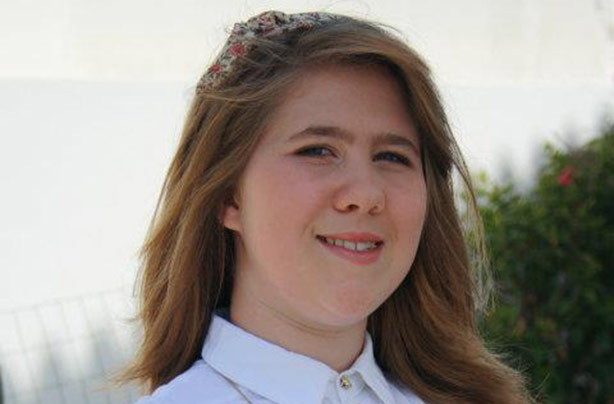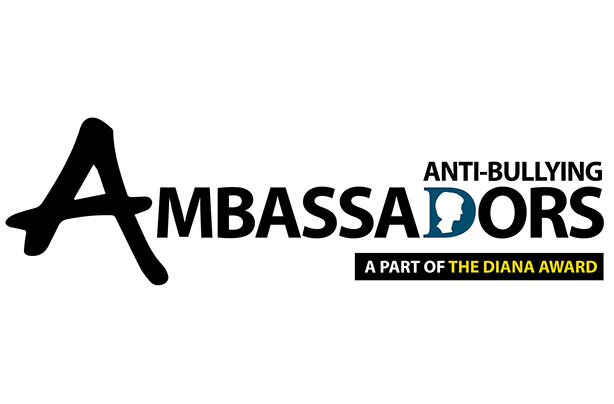'Online bullies told me to go and kill myself,' says 16-year-old
Online bullying can be as harmful as physical bullying. We spoke to 16-year-old Emily Davis about her experiences of cyberbullying and her advice to other teens for Safer Internet Day

Every parent worries about bullying and it seems there is every reason to be worried. Teens play out their lives online on social media, but for some these interactions cause nothing but misery. In England, around 38% of teenagers admitted to being affected by cyberbullying and 28% of the victims had not informed anyone of their experience. And who can forget the well-publicised case of Hannah Smith, who was 14 when she committed suicide after receiving abusive messages on controversial site Ask.fm?
We spoke to 16-year-old Emily Davis, from Essex, who has been the victim of bullying both at school and online, on Facebook and Ask.fm, about how it's affected her life and the advice she would give to others affected by cyberbullying.
'I was about 15 when I joined Ask.fm. I was already on Instagram, Facebook and Twitter. I didn't really understand what it was. There was lots of hype about it at school and everyone was going on about it. I wasn't really on it, as such. I didn't really use it. I was just looking around. I probably had it for about three or four months and then I got some abuse on it. I got told to kill myself and that my face was disturbing to look at. It was obviously just my school peers as there wasn't a picture of me on the site. But because it was anonymous I didn't really know who it was. It was really upsetting.
'At first I just ignored it. Then, when I'd had about seven or eight comments, I clicked the 'report' button on the site, but nothing seemed to happen. Then I deleted my account. I didn't tell my parents because I was being bullied at school as well. They kept telling me to ignore it and laugh it off. It was even harder to come home and deal with it as well. Joining Ask.fm for me was a mistake. Because I take things to heart, the fact that it's anonymous is worse. I get upset quite easily and take things to heart that people say in general. I'm quite an emotional person.
'At school there was a lot of name-calling. I told the teachers once, but then it got worse, so I decided not to again. I was also bullied on Facebook. There was an iPhone app called Fat Face. You take a picture of someone's face and you can distort it so it's fatter. My nickname at school was 'flatface' because they said it looked as though it'd been hit by a frying pan. They took a photo of my face and made it fatter, then put it on Facebook. Then they called me a 26-stone bouncer.
'I spoke to my older brother and sister about the bullying when someone set up on an online dating account in my name and I was getting all these emails. It didn't have my photo but was still upsetting people could see my name and age. My brother and sister were really lovely and supportive.
'I don't think it would make any difference if Ask.fm wasn't anonymous as there would quickly be another site that was. It's not the anonymity, it's the way young people use it. The main thing is to educate young people on how to use social media effectively. Because if you use it responsibly it can work to your advantage. For example, if you love singing, or are really good at singing, you can put things up on YouTube and people will see them. Young people need to be educated about it in schools. The schools need to take three or four lessons a week in teaching young people how to use it to their advantage rather than abusing it.
GoodtoKnow Newsletter
Parenting advice, hot topics, best buys and family finance tips delivered straight to your inbox.
'I think the Ask.fm needs to take some responsibility - they should have moderators and the comments should have to go through a lot of consideration before they get to the young person, but on the other hand, if young people were educated on how to use sites appropriately, none of this would be happening. The responsibility lies heavily with us as young people, as well as with the Government and the schools.
'Now I've left school I go to sixth form and am doing quite well. I'm a lot happier. The bullying has stopped now. It's made me a lot stronger, a lot more independent and dynamic an individual. I think things are sent to try us and I was quite a naive person. I've changed a lot now because of that and that's a positive thing. I would like to make a difference to as many young people as possible.
'If you're being bullied at school, it's important you tell people. If you tell at least five people at the school then something will be done. Tell teachers, or if you've got a team of students who help other students, then it's important you tell as many different people as possible in the hierarchy at school. Online, try and avoid the anonymous sites and if you're being bullied on Facebook or Twitter, make your settings private, or block people, delete them and report them.'

Here are The Diana Award Anti-Bullying Ambassador Programme's top tips for staying safe online:
- Block the bullies
- Report bullies
- Have a strong password
- Keep the evidence
- Don't reply or answer back
- Check your privacy settings
- Make sure you're happy for the people you add to access your personal info
- Tell someone if you're being bullied
With thanks to Diana Award Anti-Bullying Ambassador Programme
For more info on internet safety and cyberbullying, please visit antibullyingpro.com
Where to next? A parent's guide to the internet How to spot a depressed teenager Our mum of twin teens talks about their attitude to Ask.fm